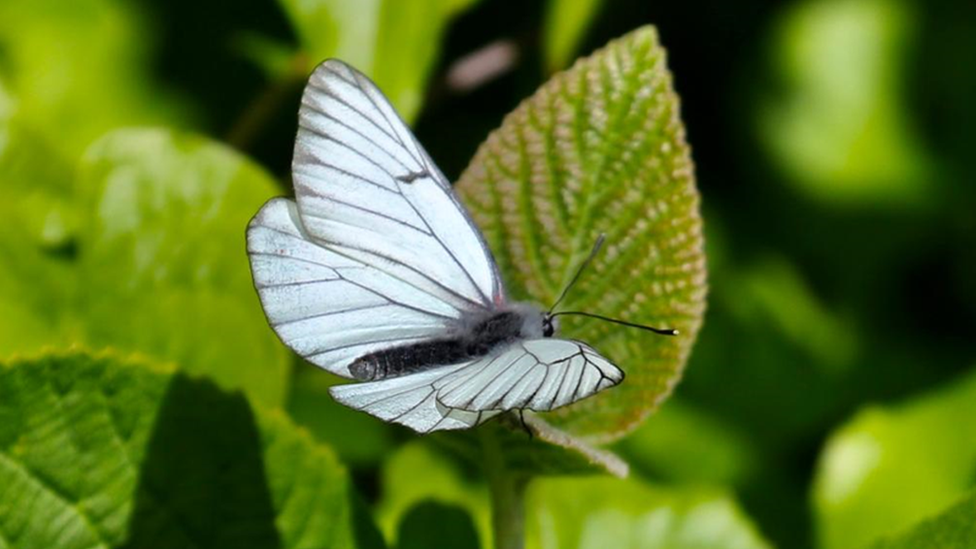South Downs golf course becomes haven for rare butterflies
- Published
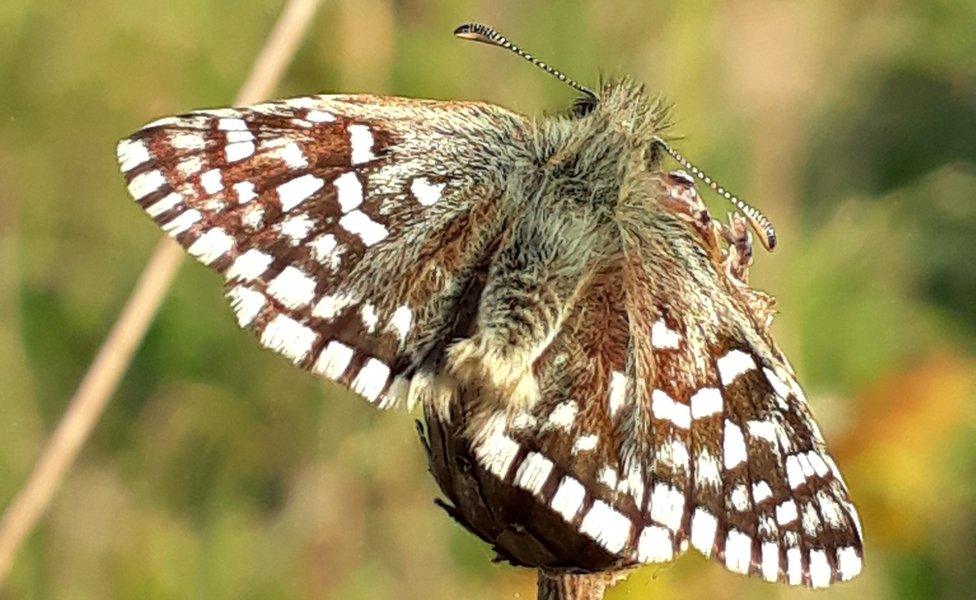
The grizzled skipper butterfly has been discovered at Pyecombe
A golf course in East Sussex has become a haven for butterflies with 34 species being discovered there.
Pyecombe Golf Club, located in the South Downs National Park near Brighton, has changed the way it mows grassy areas to encourage wildlife.
Rare butterfly species such as Adonis blue, brown hairstreak and grizzled skipper are now found on the site.
Simon Wells, head greenkeeper at Pyecombe, said: "It's great to see the fruits of our labour."
A National Park spokesman said: "Chalk grassland, often called 'Europe's rainforest in miniature', is an internationally-important habitat."
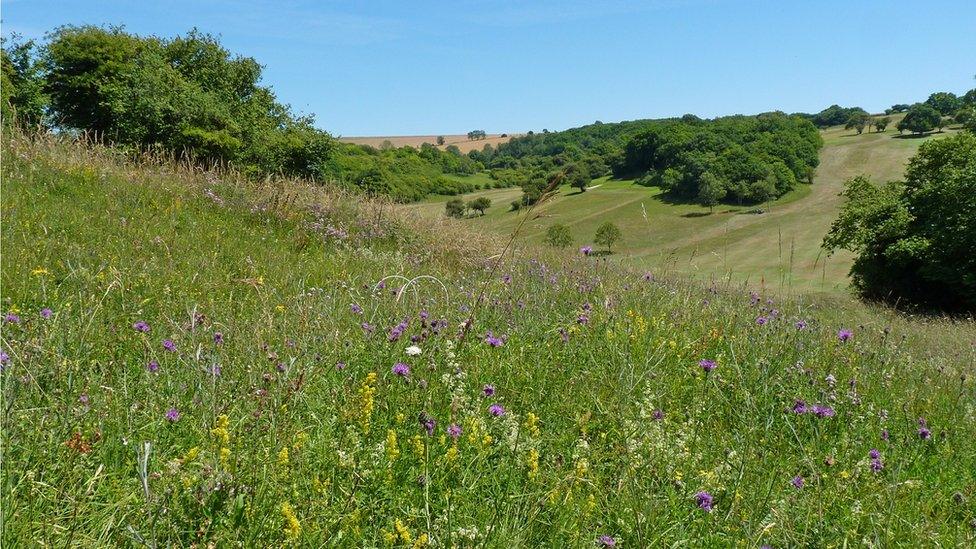
Pyecombe Golf Club is now home to 34 species of butterfly
Traditionally, when grassy areas are mown, the cuttings are left on the ground to decompose, which enriches the soil and encourages coarser grasses to dominate and out-compete wildflowers.
The club has started using a "cut and collect" mower to ensure the soil does not become enriched, with grass clippings now collected on the golf course.
The spokesman for the park authority said: "Without the soil enrichment, the rare chalk grassland is maintained and a variety of wildflowers are able to grow and provide habitat for bees, butterflies and other insects.
"The National Park has also helped with the management of areas of scrub and woodland on the course, as well as conserving a flower rich bank that's now grazed by sheep."
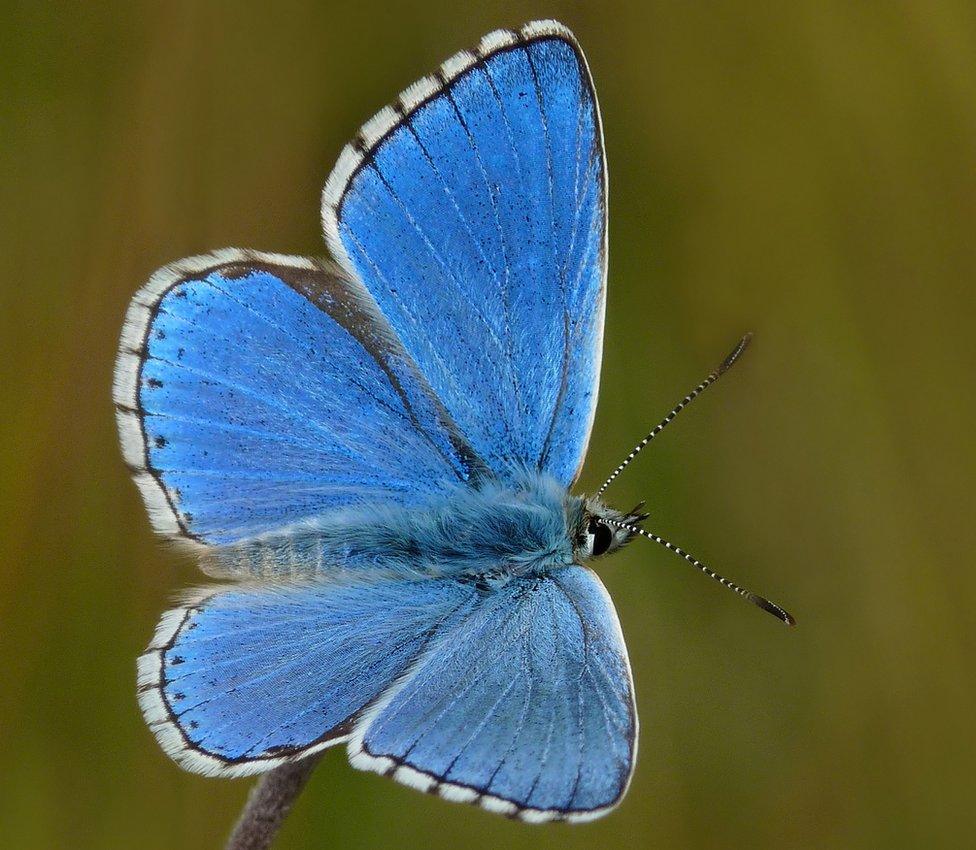
The adonis blue butterfly has been discovered on the South Downs golf course
Mr Wells said: "We have been working together on this for many years.
"The roughs now can be truly stunning and the club members have taken a sense of ownership of them and understand how privileged we are to be custodians of all these rare and wonderful habitats."
Phillippa Morrison-Price, who is lead ranger for the area within the South Downs National Park, said: "The areas of chalk grassland are particularly valuable for the plants and insects they support."

Follow BBC South East on Facebook, external, on X, external, and on Instagram, external. Send your story ideas to southeasttoday@bbc.co.uk, external.
Related topics
- Published2 February 2023
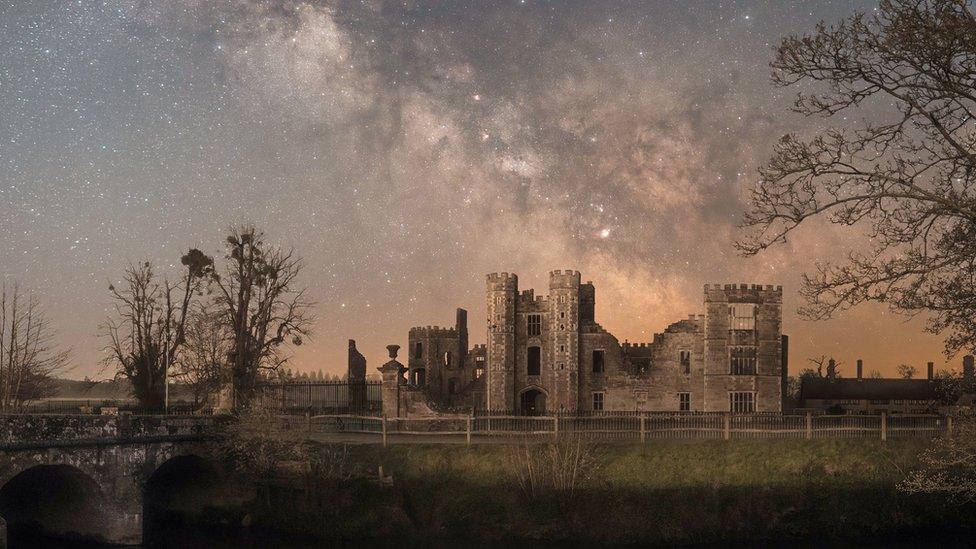
- Published17 September 2023
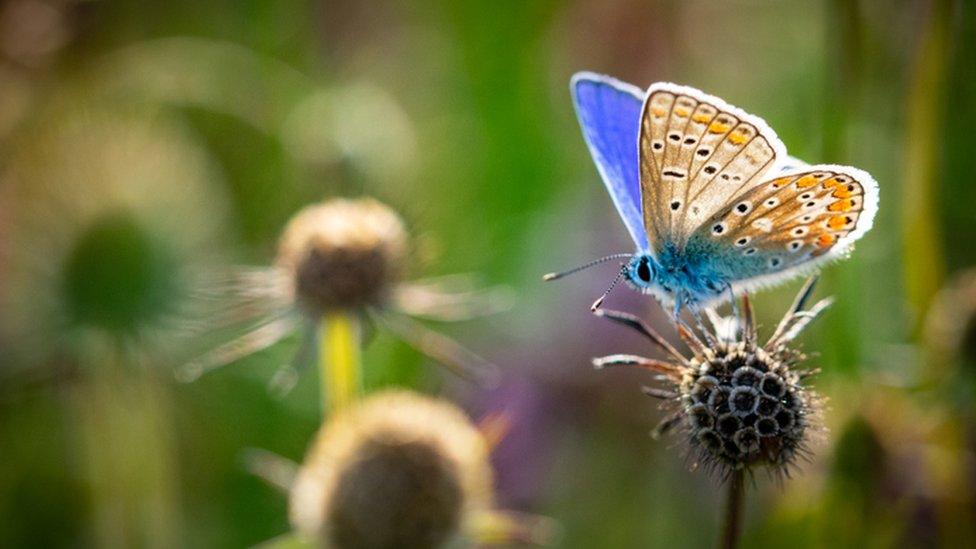
- Published14 September 2023
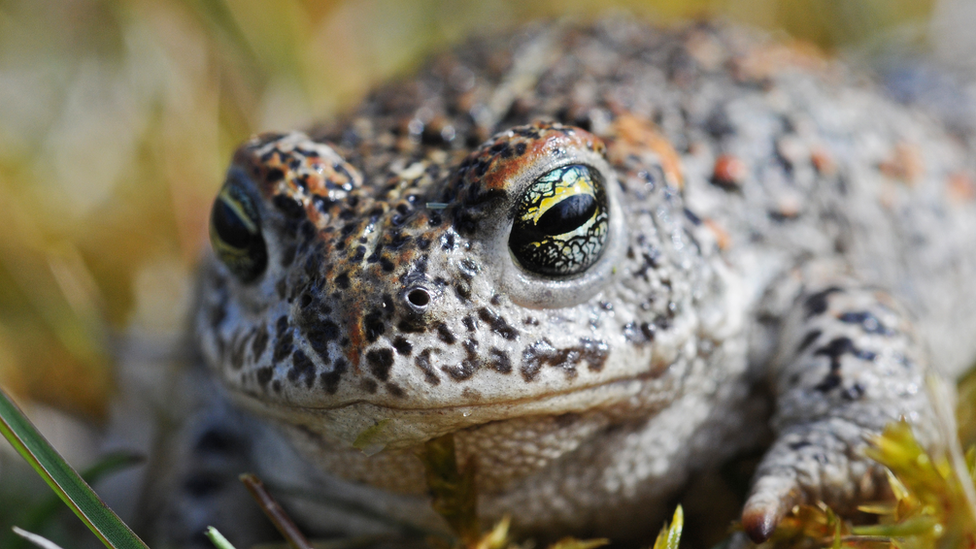
- Published4 June 2023
